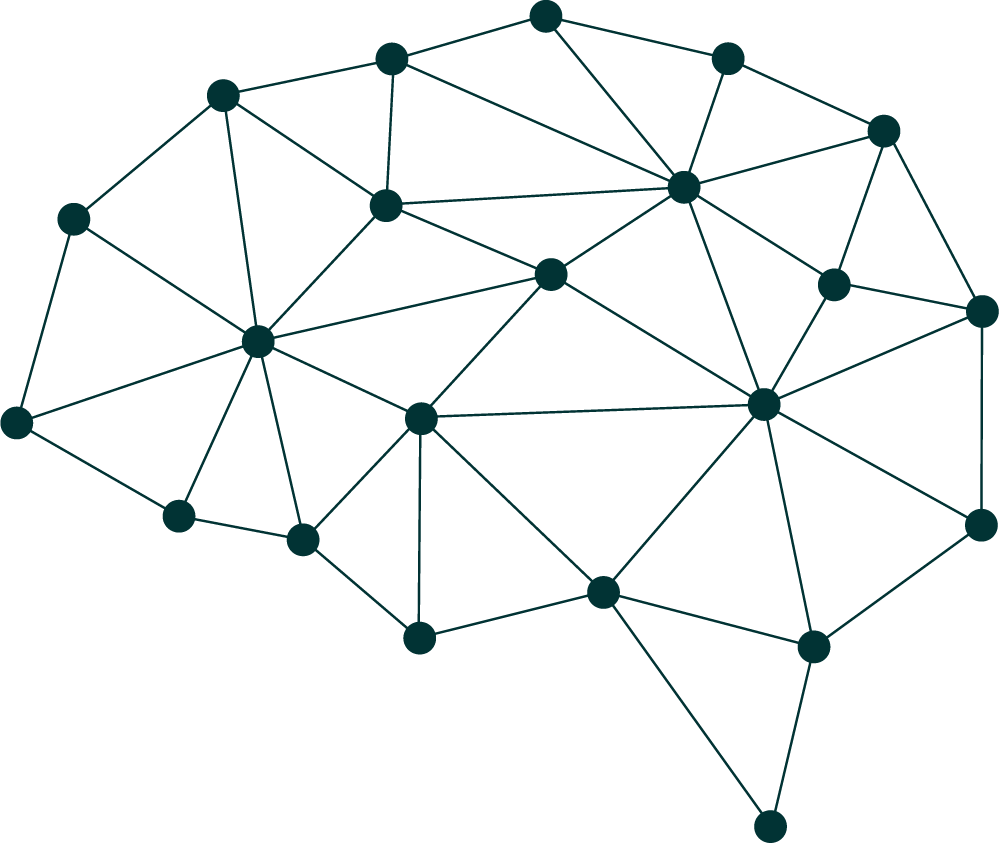Recruit4NeuroDiversity
Banner Text

Connecting Neurodiverse Talent with Inclusive Employers
At Diversity Jobs Group, we believe that everyone—regardless of how they process information or approach problems—deserves equal access to meaningful career opportunities. Neurodiverse individuals bring unique perspectives and talents to the workplace, and our mission is to connect them with employers who recognize and value their contributions. We are a suite of 10 job boards dedicated to promoting Diversity, Equity, and Inclusion (DEI) in hiring practices.
Founded in 2020, Diversity Jobs Group was created to bridge the gap between neurodiverse candidates and employers committed to building inclusive, equitable workplaces. Neurodiversity includes a range of neurological conditions, such as autism spectrum disorder (ASD), attention-deficit/hyperactivity disorder (ADHD), dyslexia, dyspraxia, Tourette syndrome, and more. These conditions represent natural variations in human cognition, rather than deficits. We understand that traditional hiring practices often do not account for the unique needs and strengths of neurodiverse individuals, and our goal is to provide a platform that offers more inclusive job opportunities.
White Space
Mission
OUR MISSION IS SIMPLE:
To create a job market where neurodiverse individuals are not only included but also empowered to succeed. We strive to help companies benefit from the fresh perspectives, creativity, and problem-solving skills that neurodiverse candidates bring, while encouraging workplaces to adapt and become more accommodating.
Heading 2
Understanding Neurodiversity and Its Importance in the Workplace
Neurodiversity is a concept that acknowledges and embraces the fact that not all brains are wired the same way. It emphasizes that neurological conditions are not "disorders" that need to be "fixed" but are natural variations in human cognition. Individuals who are neurodiverse may think, learn, and process information differently, but these differences can be sources of strength when recognized and accommodated in the workplace.

common neurodiverse conditions and how they might affect job seekers:
Autism Spectrum Disorder (ASD)
People with autism may experience differences in social communication, sensory processing, and executive functioning. However, many have exceptional skills in pattern recognition, attention to detail, and systemizing, which can make them valuable in fields like data analysis, software development, and engineering.
Attention-Deficit/Hyperactivity Disorder (ADHD)
Individuals with ADHD often struggle with maintaining focus, managing time, and staying organized. However, they are frequently creative, enthusiastic, and excel in high-energy or fast-paced environments. Their ability to hyper-focus on tasks they find interesting can also be an asset in the right setting.
Dyslexia
Dyslexia primarily affects reading and writing skills, but many people with dyslexia demonstrate exceptional problem-solving abilities, visual thinking, and creativity. Dyslexic individuals often excel in roles that involve hands-on tasks, design, or innovative thinking.
Dyspraxia (Developmental Coordination Disorder)
Dyspraxia can affect coordination, planning, and organization. However, people with dyspraxia are often resilient, adaptable, and strong in verbal communication. They can bring unique problem-solving approaches and perspectives to tasks.
Breaking Down Barriers
Challenges Neurodiverse Candidates Face
Despite their strengths, neurodiverse individuals may face several challenges when seeking employment:
Traditional Interview Processes
Neurodiverse candidates may find conventional interviews daunting, especially when they emphasize social skills, eye contact, or rapid responses to questions. These elements do not necessarily correlate with job performance, but they can present significant barriers to neurodiverse applicants.
Workplace Sensory Environments
Sensory sensitivity is common in many neurodiverse individuals. Open-plan offices with bright lights, loud noises, or overwhelming visual stimuli can make it difficult for some neurodiverse employees to focus and perform their best work.
Misunderstanding of Strengths and Weaknesses
Employers may lack awareness about neurodiversity and mistakenly view certain behaviors as shortcomings. For example, a need for a structured routine may be seen as inflexibility, or a difficulty with social interactions may be misinterpreted as a lack of interest in teamwork.
Help
How Diversity Jobs Group Supports Neurodiverse Job Seekers

At Diversity Jobs Group, we partner with employers who understand neurodiversity and are committed to making their hiring processes more inclusive. This includes rethinking interview formats, offering pre-employment assessments that focus on skills rather than social interactions, and creating workplace environments that accommodate different sensory needs.
Neurodiverse job seekers face unique challenges when searching for a job. That’s why we’ve built a platform specifically designed to ensure that your job search is inclusive, supportive, and customized to your needs.
Banners
Inclusive Job Listings
Our job listings feature companies that are committed to hiring neurodiverse talent. These employers are aware of the accommodations neurodiverse candidates may need and are prepared to provide support, such as flexible work arrangements, sensory-friendly workspaces, and alternative communication methods.
Rethinking Hiring Processes
We encourage employers to use non-traditional hiring methods, such as skills assessments, job trials, and task-based interviews that focus on practical abilities rather than social skills or communication style. This approach helps neurodiverse candidates demonstrate their strengths in a more comfortable setting.
Workplace Accommodations
We work with employers to ensure they are willing to provide accommodations for neurodiverse employees. These may include sensory-friendly environments, quiet spaces, flexible work hours, assistive technology, or modified communication techniques.
Valuing Neurodiverse Strengths
Neurodiverse individuals often possess unique strengths, such as heightened pattern recognition, deep focus, innovative problem-solving, and strong verbal communication skills. We partner with companies that are ready to recognize these strengths and integrate them into their teams.
